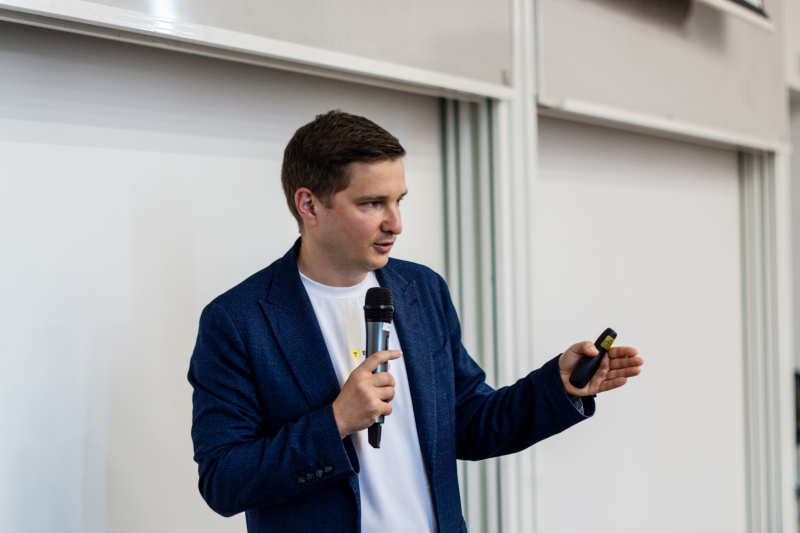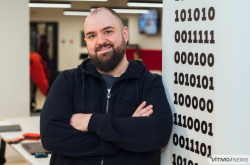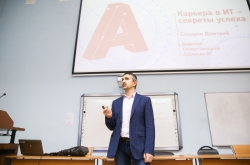AI Center at T-Bank
In 2024, T-Bank was the first to build a “universe” of six AI assistants, each responsible for a distinct area such as finance, investment, shopping, travel, calls, and communication with kids. The universe is fundamentally an ecosystem in which many services interact to generate additional value. Here is how it works: when looking for summer trip inspirations, users will turn to the traveling assistant that will aid them in finding suitable flight tickets in another service.
The universe of assistants is based on the company’s own unique technology. Gen-T is a set of large language models specialized in specific fields. Powered by these datasets, the AI assistants are able to solve complex tasks in each field, unlike, for example, ChatGPT, which can only deal with programmed requests.
What’s the catch?
An ecosystem of that scale calls for unconventional solutions. One of the challenges that developers still face is keeping AI a safe space, especially for kids.
“Users can still outsmart an AI and get an unsafe answer on a taboo topic. For that not to happen, we’ve developed a special architecture for our assistants. Here’s how one of our junior specialists explained it. Imagine AI assistants as gnomes. The first gnome throws in a question, the second one helps formulate the question, the third makes a summary, the fourth improves the answer, the fifth looks for prohibited content, and the sixth browse through other sites – they all work together to help the user find what to watch at a movie theater today,” says Konstantin Markelov, Vice President for Business Technologies at T-Bank.
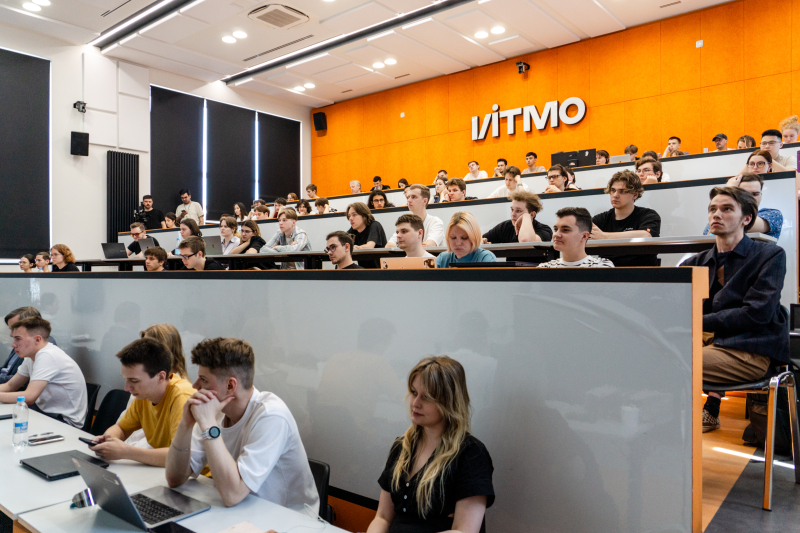
Konstantin Markelov’s talk at ITMO University. Photo by Pavel Arseev / Megabyte Media
Such assistants are more suitable for young generations as they have already gotten used to interacting with AI. Whereas older people may need another approach to encourage them to communicate with AI assistants. For instance, in Konstantin Markelov’s view, the solution may be ATMs framed as mini bank offices where they would withdraw or deposit money, as well as receive a consultation from a generative AI, much like they would with a bank staff.
Another difficulty concerns the management of AI assistants. How can specialists determine which assistant needs more money, time, and attention? There are several ways to do that:
Business review. This is a check-in for developers during which they can share with their leaders which financial goals and metrics they have achieved, what they are going to do next, and which resources they need for that. Afterwards, both developers and leaders discuss the project’s prospects and specify goals and needed investments.
Traffic light system. This approach is great for the assessment of products aimed at attracting new customers rather than increasing revenue. For this, developers and bank leaders gather together to talk about employee growth, the expense-and-income ratio, as well as the amount of effort and resources needed to reach a story point. Based on these metrics, they will form an efficiency rate, which will show whether a product is on track or not.

Konstantin Markelov’s talk at ITMO University. Photo by Pavel Arseev / Megabyte Media
Six career advice from T-Bank’s Vice President
Know what and why you are doing. Imagine that your boss asked you to cut down trees around a building. Your first choice is to approach the task straightforwardly, meaning that you will calculate how many trees and what kinds of trees you will need to chop, as well as find a contractor and delegate the cutting to them. However, it will be best if you first think over the task and ask your boss why they need trees cut. Some companies need employees who do not ask additional questions and simply do the task but most tech companies that are aimed for growth, as a rule, look for people who think in the terms of common sense and efficiency when dealing with a task.
Get educated. Receiving a Bachelor’s degree sets you up with a solid knowledge base without which you are unlikely to get into a company, and a Master’s one will be an excellent addition, which will be helpful if you are planning to pursue an academic career or acquire more practice-oriented business skills. For the latter, it is better to apply for programs at the intersection of big data and AI.
Choose your circle wisely. The environment and people that surround us, as well as the content we consume hugely shape our thoughts and define us. That’s why when choosing a university or company to work in, it is important to opt for environments that inspire you and your growth.
There is, nevertheless, a fine line between picking what is “yours” and labeling. Often, as a student, you do not have enough experience to tell which of your classmates will be successful and which – will not. There is a fun game on this subject where you need to answer two questions. First: say, you have to exchange 10% of your future earnings for 10% of your classmate's – for the rest of your life! Who would you pick? Second: choose another classmate, 10% of whose salary will have to be covered from your pocket for the rest of your life. Now think: who are these people and what makes them different? Perhaps, the first person is an A-student or the life of the party, or they have a part-time job, and the second – a flunk regularly skipping classes. If you play the game again in 10-15 years, you will most likely be surprised at how much things have changed. As practice shows, neither age, place of residence, nor education correlates with success as strongly as motivation and the amount of effort a person puts into work.
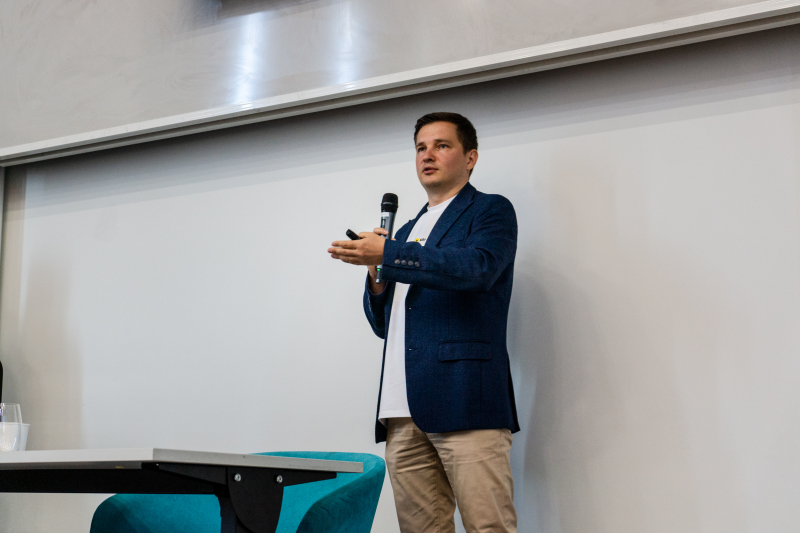
Konstantin Markelov. Photo by Pavel Arseev / Megabyte Media
Take responsibility. What is the difference between a manager and an ordinary analyst? The decisions they make, whether that be recruiting or firing employees, or testing a particular hypothesis. Therefore, you should not be afraid to take responsibility and make big decisions as this will help you climb the career ladder faster.
Combine analytical and engineering thinking. If you think analytically, it means that you make decisions based on big data rather than an expert opinion. At the same time, it is important to delve into details and understand what is going on from both the analytics and engineering points of view. For example, what processes are launched, and how much data is loaded when a user opens a banking app? An ability to break down complex engineering processes into simple steps will help you create new products.
Enjoy what you do. If you love what you do, you will do it easily. If you have not found your dream job yet and everything seems complex and non-inspiring, the best advice is to simply start. Keep learning, cultivate self-discipline, do your thing regularly, and try to enjoy the process. This is true for both work and life. It happens so that after several presentations and jogging everyday for a week, people grow to love doing these tasks.
